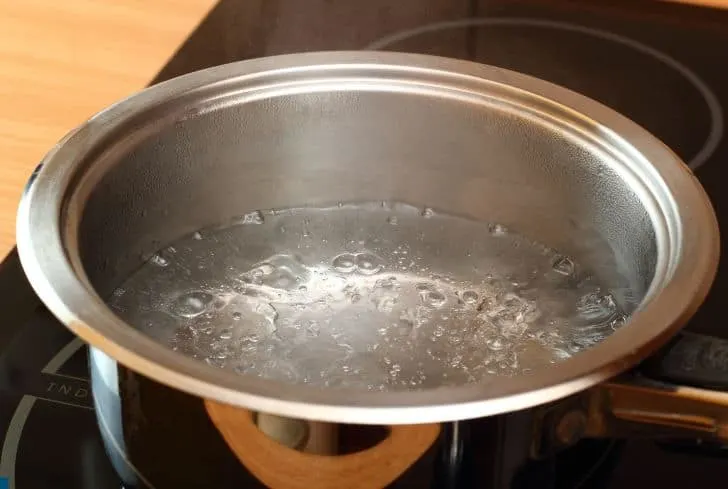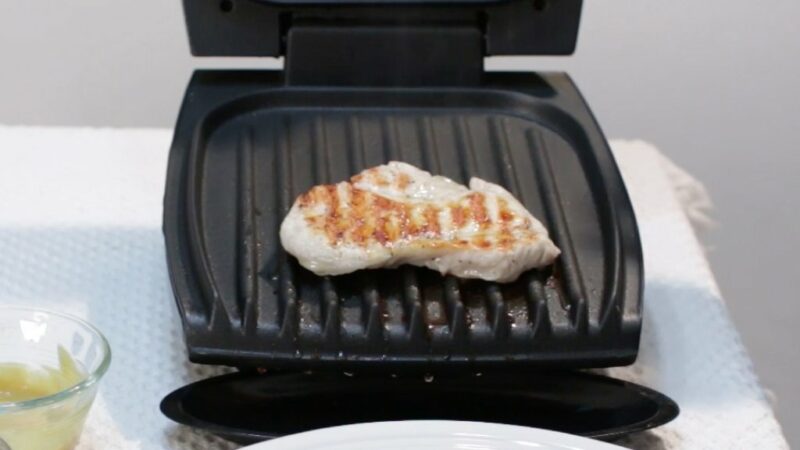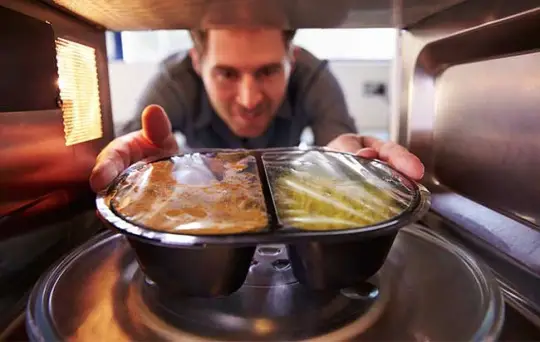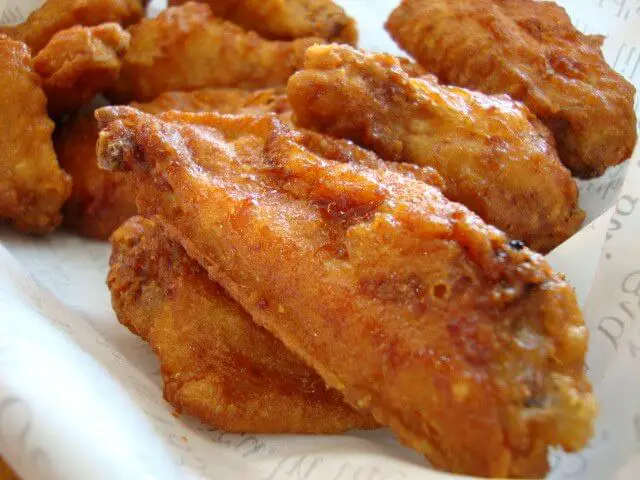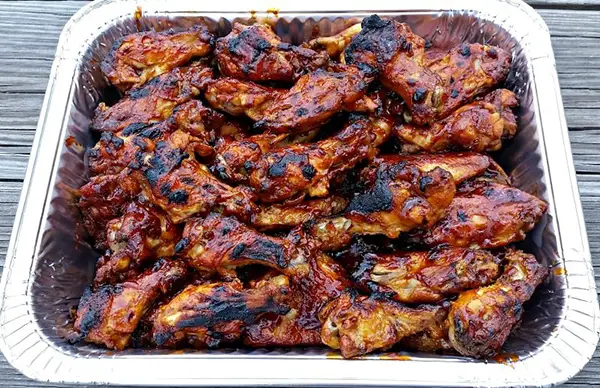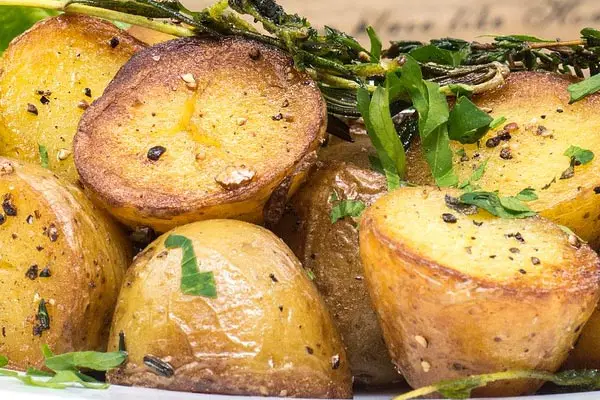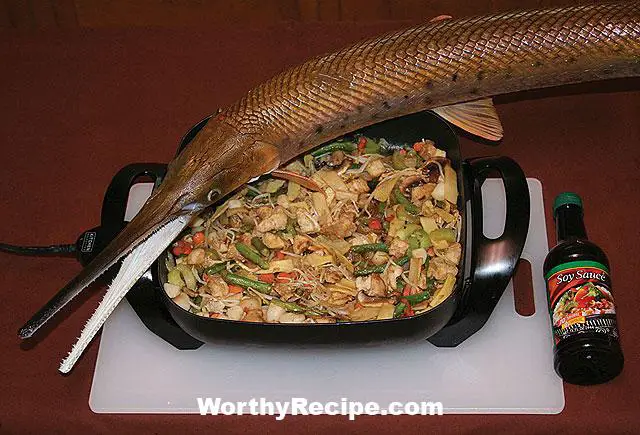Is it Safe to Boil Water in Aluminum?
Boiling water is a routine practice in most households, and we all have our preferred cooking utensils – from pots, pans, and kettles, to name a few. The question arises, however, when it comes to the safety of boiling water in aluminum cookware. Aluminum cookware is inexpensive, lightweight, and an excellent conductor of heat. These benefits make it a popular choice in many households. However, there are concerns about its safety. This article aims to address those worries and provide an informed perspective on whether or not it is safe to boil water in aluminum.
What is Aluminum Cookware?
Aluminum is a soft, silvery-white metal that has diverse uses. In cooking equipment manufacturing, aluminum serves as an excellent conductor of heat and is relatively cheap compared to other metals used in cookware production. Aluminum cookware comes in two main types – pure aluminum and anodized aluminum.
Pure aluminum cookware is made of uncoated aluminum metal sheets that have undergone one or two stamping processes to shape them into the desired pot or pan size and shape. They typically have a silver look and do not contain any extra coating on their surface.
Anodized aluminum cookware undergoes an electro-chemical process where the metal surface gets converted into decorative, durable, and non-reactive coatings such as ceramic titanium or non-stick surfaces.
What are the Potential Dangers of Aluminum Cookware?
There are growing concerns over the potential dangers of using aluminum cookware for health reasons. Cooking acidic foods like tomatoes or vegetables with high acidity levels can cause leaching of the metal into food substances. The same applies to boiling water in aluminum pots.
The acidic nature of some foods dissolves the surface layer of pure aluminum pots and pans that remains unprotected through corrosion due to the caustic nature. This reaction leads to a release of aluminum particles into food substances.
Anodized aluminum cookware tends to be much safer as the non-reactive surface coatings make it less prone to corrosion and leaching. However, there is always a risk that these coatings might wear over time, leading to exposure of the metal interior.
Tip: It’s vital to assess the acidity level of your meals and ensure you maintain non-scorching temperatures when cooking with aluminum to reduce the wear and tear on pots or pans.
Studies have shown high levels of aluminum in the body can lead to harmful health effects. Health hazards associated with excess aluminum in a person’s body include:
- Brain damage
- Bone and muscle pain
- Anemia
- Liver damage
- Kidney damage
Understanding How Aluminum Cookware Reacts with Food and Water
When boiling water in aluminum pots, whether pure or anodized aluminum, chemical reactions often occur between the metal surface and water. A process known as ‘leaching’ takes place where some metal particles mix-up with the boiling water that gets consumed later. Leached metal particles may also combine with other elements in food that can trigger health issues.
How to prevent Aluminum From Leaching In Your Food or Water During Cooking
Here are some strategies you can use to preserve your aluminum cookware while avoiding contamination during cooking processes:
- Use deglazing techniques when cooking acidic foods such as tomatoes or citrus fruits.
- Cook food at low heat and avoid contact with acidic foods to minimize surface corroding of pots and pans
- Avoid storing cooked acidic food in an aluminum container for extended periods as such action tends to corrode the pot at a faster pace, leading to the release of more metal ions.
- Use a high-quality siliconar lining after checking that it contains no traceable levels of BPA or PLA chemical substances used in spray coatings. The silicone liner provides an additional safety layer between food substances and aluminum pot surfaces.
Exploring Alternatives to Boiling Water in Aluminum
There are various types of cooking materials that you can use instead of aluminum cookware, depending on your cooking needs. Some popular alternatives include:
Stainless Steel: Stainless steel is amongst the most expensive options but also one of the most durable and safe cookware materials. It doesn’t react with acidic foods, keeping your meals safe and uncontaminated.
Copper: Copper cookware deceptively comes coated with stainless steel as copper is not deemed safe for home cookware manufacturing. Therefore, the metal’ s inner surface gets welded with steel linings. This fusion makes them a better conductor of electricity than pure aluminum but still unsafe.
Ceramics:Ceramic-coated pans offer an alternative with non-toxic coatings on their interiors making them healthier when boiling water or cooking acidic foods.
Non-Stick: Non-stick cookware contains fluoropolymer resin which research has linked to health risks like cancer when overheated beyond 500 degrees Fahrenheit.
How to Evaluate Your Current Aluminum Cookware for Safety
It is essential to ensure the safety and quality of your current pots and pans. Check if there are any dents, stains or scratches on their interior surfaces; they might accelerate the process of metal corrosion harmful to health.
An ideal way to ascertain if your aluminum pots and pans are safe is to conduct a home-based baking powder test. Here’s how:
- Pour hot water into the aluminum pot
- Tilt the pot slightly, adding a tablespoon of baking soda
- If bubbles form and distribute throughout the pot’s surface, it means that the pot is not entirely free of dirt, residues, and corroded parts.
Benefits of Boiling Water with Aluminum Cookware
Aluminum cookware presents an array of benefits for those who enjoy boiling water over other alternatives, including:
- It’s affordable – most people can afford aluminum cookware.
- Quick heating time – Aluminum pots and pans absorb heat faster than other metals, reducing preheating times.
- Incredible thermal conduction ability- Aluminum cookware distributes heat uniformly, ensuring properly heated meals for comfortable dining experiences.
Safe Practices When Using Aluminum Cookware
Taking safety measures when cooking is crucial in using any material safely. Here are some safety tips to consider when using aluminum cookware:
- Do not expose aluminum cookware to high heat since it can lead to burning food substances causing discoloration or corrosion of its surface layer.
- Use wooden spoons, tongs or silicone materials when stirring boiled water or acidic food substances in your pots or pans to minimize damage to their interior surfaces.
- Avoid exposing your aluminum pots and pans too frequently to rough handling that can inflict external scratches onto the surface layer of pots and pans.
- Clean your aluminum pans and pots immediately after use, ensuring no food debris stains the surface.
Misconceptions About Aluminum Cookware
There are several myths surrounding aluminum cookware that people should be aware of. The following is a list of some of the most common misconceptions:
Myth: Boiling water in an aluminum pot always leads to Alzheimer’s disease
Fact: There is currently no direct scientific evidence linking aluminum in cookware to Alzheimer’s.
Myth: Aluminum cookware can cause cancer
Fact: although aluminum metal exposes one to health challenges, such as kidney and liver harm, it is not scientifically linked to cancer.
Legal Regulations Regarding the Use of Aluminum in Cookware Manufacturing
Material quality standards aim to regulate what materials should or should not form part of various cookware manufacturing processes. A significant regulation for lawful use covers cadmium and lead metallic substances’ allowance.
Federal and state regulatory bodies continue monitoring these standards, testing for thermal shock resistance and leaching levels.
Final Thoughts
In summary, boiling water in aluminum cookware is safe under proper and regulated conditions. However, always check your pots and pans for residues or corrosions before using them to ensure they remain safe for use.
While using aluminum cookware, it is advisable to adhere to safety measures such as avoiding acidic foods or storing cooked food in them for extended periods.
If you want an option with less risk in regards to boiling water, switching to alternatives like ceramic-covered pans or copper-core stainless steel pans can serve as safer alternatives. Ultimately it will boil down to personal preferences when selecting cookware types. Understanding the risks and measures mentioned above should help you make sound decisions on whether you can boil water safely with your aluminum pots and pans.
Frequently Asked Questions
Is it safe to boil water in aluminum?
Aluminum is a common material used in cookware and boiling water in aluminum pots or kettles is a common practice. But is it safe?
Why do people think boiling water in aluminum is unsafe?
There have been concerns raised about aluminum leaching into food and water. When heated, aluminum can react with acidic or high-alkaline foods and liquids, which may cause the metal to leach into the food.
What does science say about boiling water in aluminum?
According to several studies, the amount of aluminum that may enter the food or water through contact with aluminum cookware is generally considered safe for human consumption. However, those who are exposed to high levels of aluminum at work should avoid using aluminum cookware.
What precautions should I take when boiling water in an aluminum pot or kettle?
To minimize any potential risks, it’s best to avoid cooking acidic or high-alkaline foods in aluminum cookware. It’s also recommended that you use high-quality cookware and avoid using scratched or damaged pots and pans, which may increase the risk of contamination. If you’re still concerned about using aluminum cookware, consider switching to stainless steel, ceramic, or cast iron options.
